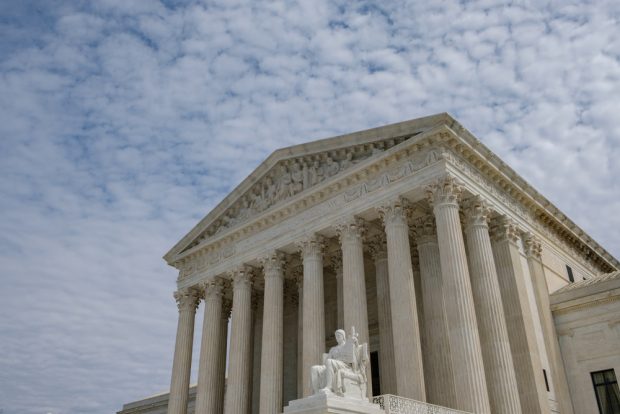 U.S. Supreme Court. (Source: Two Bridges Photography/Shutterstock)
U.S. Supreme Court. (Source: Two Bridges Photography/Shutterstock)
The U.S. Supreme Court ruled Wednesday that the structure of the Federal Housing Finance Agency was unconstitutional and that a sitting president could remove the FHFA's director – leaving the agency in a similar position as the CFPB. The ruling shifted the policy that the director for the FHFA only be fired for cause before the end of their five-year term.
In 2008, Congress created the FHFA to oversee the two mortgage giants, Fannie May and Freddie Mac, during the housing crisis.
Recommended For You
In the ruling, Justice Samuel Alito wrote that the agency's "structure violates the separation of powers, and we remand for further proceedings to determine what remedy, if any, the shareholders are entitled to receive on their constitutional claim."
"We're disappointed in today's decision as it removes political independence from an entity that affects the entire financial services marketplace," CUNA President/CEO Jim Nussle said. "Stability at the FHFA is vital to the stability of the entire secondary mortgage market."
NAFCU President/CEO Dan Berger said, "The Supreme Court's decision to rule the FHFA's structure unconstitutional leaves many unanswered questions for the housing market amid the COVID-19 economic recovery and remaining uncertainties. During this period of uncertainty, NAFCU will continue to advocate for policymakers to ensure credit unions retain uninterrupted access to the secondary mortgage market as well as for the GSE Patch to be extended over the long-term."
Wednesday's ruling was very similar to last summer's SCOTUS ruling concerning the structure of the CFPB. In June of 2020, the Supreme Court ruled that the single director structure of the CFPB, limiting the president's power to remove the director "at will," violated the Constitution's separation of powers.
At the time, Chief Justice John Roberts Jr., writing for the 5-4 majority, said an agency run by a single director "lacks a foundation in historical practice and clashes with constitutional structure by concentrating power in a unilateral actor insulated from presidential control."
President Biden has already indicated he will replace current FHFA Director Mark Calabria. He was appointed by President Trump in 2019.
© Touchpoint Markets, All Rights Reserved. Request academic re-use from www.copyright.com. All other uses, submit a request to [email protected]. For more inforrmation visit Asset & Logo Licensing.







